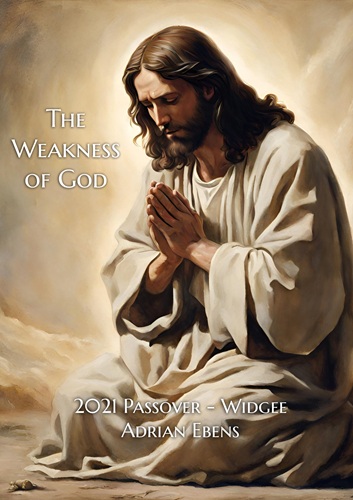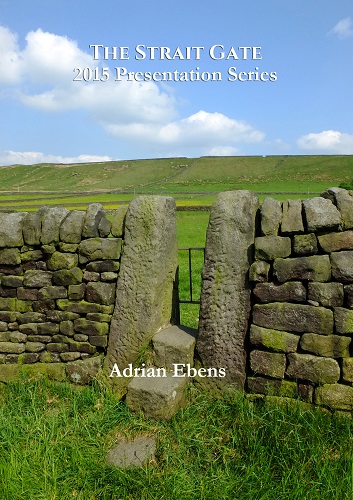16. Brief Examination of the Arian Position
Arius was the opponent of Athanasius during the great Trinity debate of the 4th century within the Catholic Church. Both men were from Alexandria, a place renowned for the experimentation with allegorical views of Scripture. Athanasius held a Trinitarian view based on the principle of inherent power of co-equal, co-eternal beings. Arius took the logical opposite based upon the same principle of inherent power and held that the position of Christ was created and He had a beginning whereas the Father did not have a beginning and was the one true God. Here is a section of a letter he wrote stating his position.
“But what we say and think we both have taught and continue to teach; that the Son is not unbegotten, nor part of the unbegotten in any way, nor is he derived from any substance; but that by his own will and counsel he existed before times and ages fully God, only-begotten, unchangeable.
And before he was begotten or created or appointed or established, he did not exist; for he was not unbegotten. We are persecuted because we say the Son has a beginning, but God is without beginning.” (Documents of the Christian Church, Selected and Edited by Henry Bettenson, 2nd Edition, 1963. p.39. Oxford University Press.)
We might represent Arius’s position as follows:
Premise: There is one true God (Partially True).
Hidden/Underlying Assumption: Position of Divinity is only ascribed to Beings of highest inherent power (Uncertain).
The Arian position holds a different premise but it is based upon the same underlying assumption. Since Christ is “begotten”[1] or created and has a beginning, He does not have the same level of inherent power that the Father does and therefore the quality of His Divinity is less. He is a lesser Being. This view is characterized by movements such as the Jehovah’s Witnesses.
While it would be interesting to try and prove the premise and deal with difficult texts, this position clearly denies the Divinity of the Son of God. The Bible is very clear that Christ is not a created Being.
From a Trinitarian position – any view that is less than co-equal or co-eternal must be seen as a form of Arianism. Is there any possible ground between Trinitarianism and Arianism that could better harmonise statements of Spirit of Prophecy and Scripture? The only place we could find this is in examining the underlying assumption.
[1] The Arian use of the word begotten appears to be equivalent to the word created. Ellen White and the pioneers certainly did not see it this way. “"God so loved the world, that he gave his only-begotten Son,"-- not a son by creation, as were the angels, nor a son by adoption, as is the forgiven sinner, but a Son begotten in the express image of the Father's person, and in all the brightness of his majesty and glory, one equal with God in authority, dignity, and Divine perfection. In him dwelt all the fullness of the Godhead bodily.” ST, May 30, 1895 par. 3 Emphasis mine.



